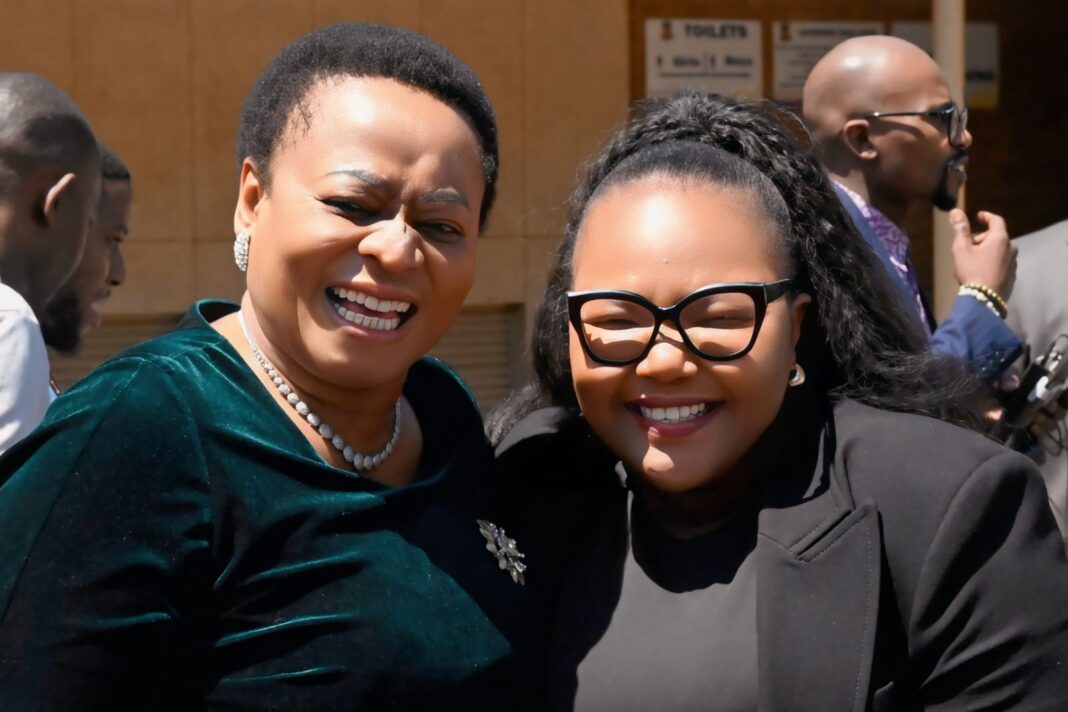By Simon Nare
Basic Education Minister Siviwe Gwarube is rubbing her hands with glee as South Africa counts down to officially taking over the presidency of the G20 summit.
It will automatically allow her to simultaneously take over the G20 education working group.
Gwarube has described this as historic, and has vowed to place the country at the centre of global education in the coming year.
South Africa is set to take over of the presidency of the intergovernmental forum of countries from 1 December.
The minister, who was updating reporters in Cape Town on the matric exams, could not hide her excitement on the prospect of hosting the group on education.
She said South Africa would focus on educational professionals for solidarity, equality and sustainable development.
“Each of these areas is critical not only for South Africa, but for developing nations around the world, as we all prepare our learners for the challenges and opportunities of an AI-powered future.
“Our presidency will emphasise the importance of preparing our young people with the skills needed for the Fourth Industrial Revolution, including artificial intelligence, large language models, robotics and other emerging technologies.
“In an era defined by rapid technological change, it is essential that education systems adapt and evolve to equip learners with relevant, future-ready skills,” she enthused.
The minister said through the G20 platform the country aimed to foster greater international cooperation, allowing the country to share best practices, resources and innovations that supported that goal.
She added that the innovation reflected the countries commitment to advance education in a way that supported economic growth, social equity and a future-ready workforce.
These priorities, she said, included quality foundational learning, mutual recognition of qualifications across borders and the development of educational professionals equipped to meet the needs of a rapidly changing world.
Among the key goals of the presidency would be to advocate for an inclusive and equitable approach to education that reflected the diverse needs of all learners, said Gwarube.
To be prioritised would be the voices and perspectives of developing nations, ensuring that the G20 Education Agenda aligned with the aspirations of learners worldwide.
She believes that by addressing the challenges faced by resource-constrained regions, the world could create an educational framework that left no learner behind.
“We believe that every young person deserves the chance to succeed in a world that increasingly relies on digital and technological proficiency. As a country, we are committed to advancing education that is not only accessible but transformative – education that empowers individuals, supports communities and drives sustainable development,” the minister said.
“By taking on this role, we are not only supporting South African learners but contributing to a global movement that prioritises the growth, safety, and wellbeing of all children,” she said.
INSIDE EDUCATION







